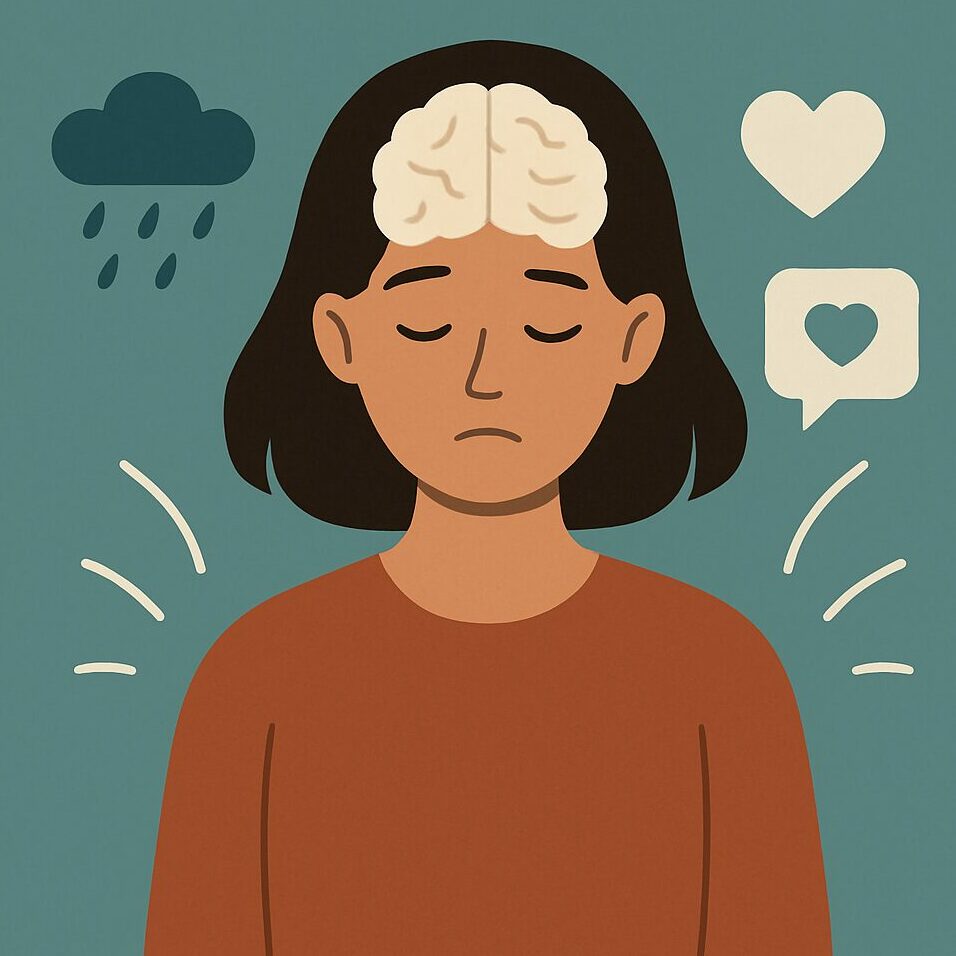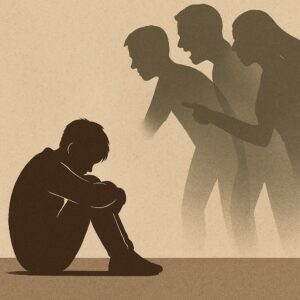Teen Mental Health Awareness: Why It’s Important Than Ever
Teen mental health awareness helps young people understand their emotions, cope with challenges, and feel less alone. Learn why awareness is key to well-being.
What Is Teen Mental Health Awareness?
Teen mental health awareness means understanding the emotional and mental struggles that many young people face today. From school stress and family pressure to social media and identity challenges, teens are under more pressure than ever.
However, the good news is that talking about mental health is becoming more common—and more accepted. And that’s a huge step in the right direction.
Why Teens Struggle with Mental Health
Everyone feels down or stressed sometimes. But for many teens, those feelings can become overwhelming. Anxiety, depression, and even burnout are becoming increasingly common in high school and college students.
So, what’s behind this rise in mental health challenges?
- Academic pressure to succeed and get into a good college
- Social media comparisons and fear of missing out (FOMO)
- Family expectations or conflict at home
- Bullying, both in-person and online
- Uncertainty about the future
These factors can create a perfect storm of emotional stress.
Breaking the Silence
One of the biggest problems is that many teens feel like they have to hide how they’re really feeling. They might be afraid of being judged or not taken seriously.
But here’s the truth: it’s okay not to be okay.
The more we talk about teen mental health awareness, the easier it becomes for others to open up too. Sharing your story—or even just listening to someone else’s—can create a ripple effect of support.
How to Take Care of Your Mental Health as a Teen
Taking care of your mental health is just as important as taking care of your physical health. Here are a few practical tips you can try today:
- Talk to someone you trust. A friend, parent, teacher, or counselor can help.
- Take social media breaks. It’s okay to unplug and focus on the real world.
- Move your body. Exercise helps release feel-good chemicals in your brain.
- Get enough sleep. Teens need about 8–10 hours of sleep a night.
- Write things down. Journaling can help make sense of confusing emotions.
Even small changes can make a big difference over time.

How Parents and Schools Can Help
Teen mental health awareness isn’t just about teens. Parents, teachers, and school communities also play a big role. By creating safe, supportive environments, adults can help teens feel seen and heard.
For example, schools can:
- Offer regular mental health workshops
- Provide access to school counselors
- Create peer support groups
Meanwhile, parents can start by simply asking their teens how they’re doing—and really listening.
Final Thoughts
Teen mental health awareness matters. It helps teens feel less alone, understand their emotions, and get the support they need. Most importantly, it saves lives.
So whether you’re a teen, a parent, or a teacher, keep the conversation going. The more we talk about mental health, the more hope we bring to others.
Support Is Always Available
If you or someone you care about is struggling, you don’t have to go through it alone. At RP Psychotherapy, we offer compassionate, evidence-based therapy for teens and young adults. Our goal is to provide a safe space where young people can explore their emotions, build coping strategies, and thrive.
Reach out today to learn more about how our team can support your mental health journey. Because awareness is just the first step—healing is possible.

